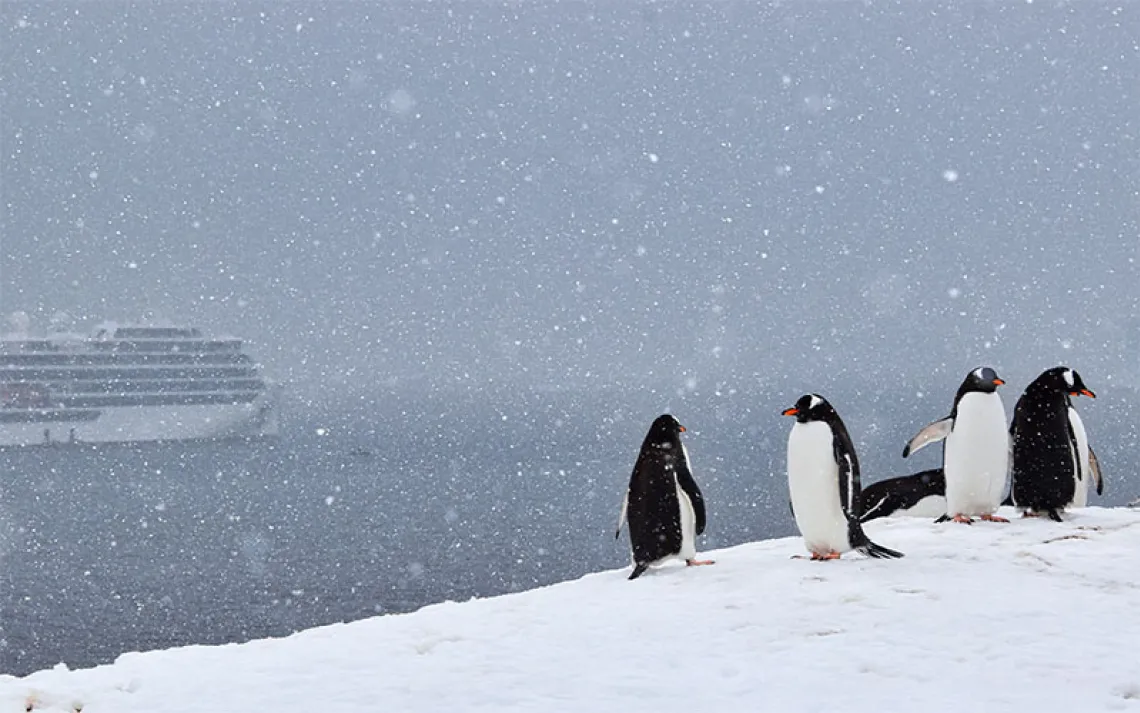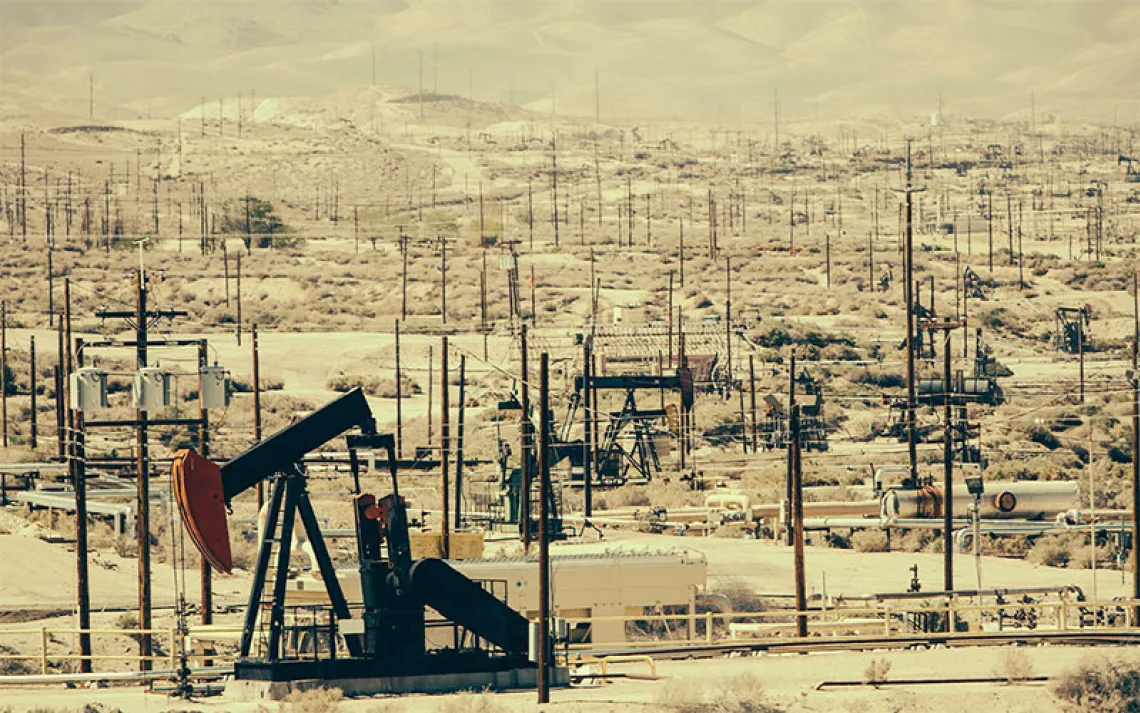All the Environmental News in Case You Missed It
Banning sunscreen, tuskless elephants, disappearing insects, and more

A study by the Global Carbon Project finds that worldwide greenhouse gas emissions are accelerating like a "speeding freight train." Emissions in 2018 are estimated to have risen by 2.7 percent, on top of a 1.6 percent increase in 2017.
The past five years in the Arctic have been the warmest on record.
California's 2018 wildfires emitted as much carbon dioxide as electricity generation does for the entire state in a year. Three of those fires alone will cost insurers more than $9 billion. Hurricane Michael cost Florida insurers more than $4.2 billion.

A deer poacher in Missouri is sentenced to watch Bambi once every month during his yearlong prison term.

Juvenile Hawaiian monk seals are getting eels stuck in their noses. Scientists urge the seals to "make better choices." East Island, an 11-acre atoll northwest of Hawaii that is critical habitat for the endangered seal, is washed away by a hurricane.
Three Nebraska farmers plead guilty to earning more than $10 million over seven years by fraudulently marketing nonorganic corn and soybeans as certified organic.

Sign up to receive Sierra News & Views
Get articles like this one sent directly to your inbox weekly.
With this action you affirm you want to receive Sierra Club communications and may vote on policy designated by the Sierra Club Board.
Each year, 17,000 people in the United States die prematurely from breathing wildfire smoke. By 2100, that number may rise to 44,000.
New York State sues ExxonMobil, saying that the oil giant defrauded shareholders by playing down the dangers of climate change. West Coast crab fishers sue 30 fossil fuel companies for their losses due to warming ocean waters.
Highly toxic, long-lasting rat poison is found in the blood of 85 percent of California mountain lions, bobcats, and fishers tested.
The western Pacific island nation of Palau bans sunscreen in order to protect its reefs. Users of sunscreen containing "reef-toxic" chemicals can be fined up to $1,000.
In Mozambique, poaching of elephants for their ivory has led to an increase in the number of females born tuskless.
US sales of plug-in electric vehicles increase by 72.5 percent in 2018 over 2017.
Between 1977 and 2013, a Puerto Rican rainforest suffered a 60-fold loss of insects and other invertebrates. Insect populations are also crashing in Australia, Germany, and the United Kingdom.

Aboriginal people in Australia have oral traditions related to events 10,000 years ago—including the rise of sea levels at the end of the last ice age.
Facial-recognition technology is being used to identify individual bears.
This article appeared in the March/April 2019 edition with the headline, "Up to Speed: Two Months, One Page."
 The Magazine of The Sierra Club
The Magazine of The Sierra Club



